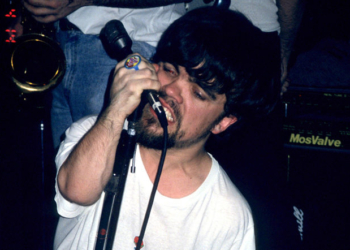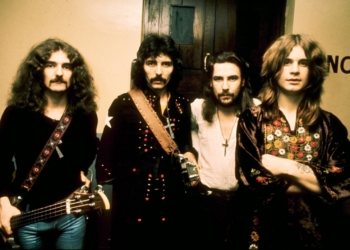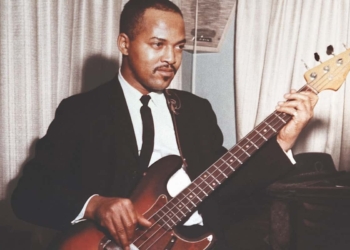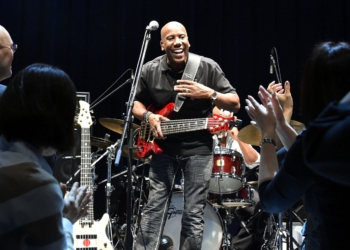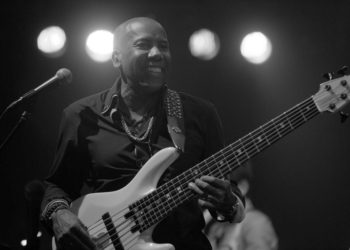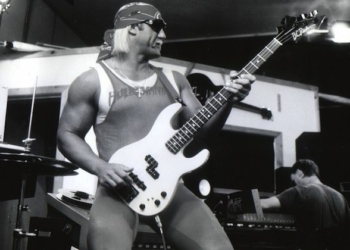Tony Levin’s career is a goldmine of collaborations, featuring icons like John Lennon, King Crimson, Peter Gabriel, and David Bowie. But one chapter of his journey stands out: his role in taking the bass chair in Pink Floyd during the band’s transition after Roger Waters‘ departure.
In an interview Levin shared how he became part of Pink Floyd’s story. “David Gilmour invited me to play bass on the album after Roger Waters famously left, assuming the band was finished,” Levin recalled. “I wasn’t involved in the internal band dynamics, but I was thrilled to step into their world and try to bring my own touch while staying true to their sound.”
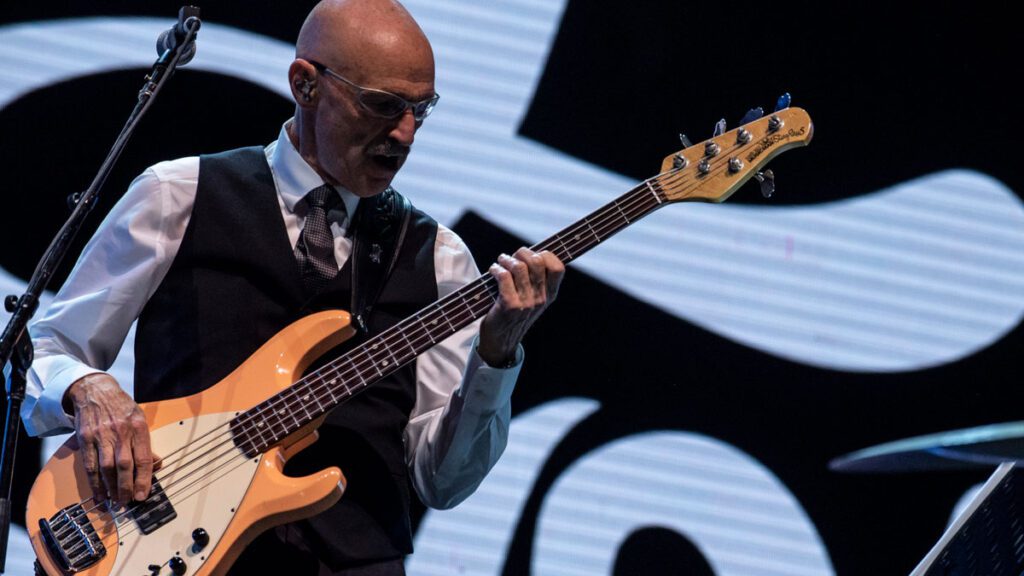
One of Levin’s signature moves was using the Chapman Stick, an instrument that doubles as a bass. “It’s not a common instrument, but it’s a regular part of my toolkit. David was an intriguing, gracious person and great to work with,” Levin said. Despite the sessions being relatively straightforward, matching Pink Floyd’s distinct style was a unique challenge. Levin recounted a moment where his instinct to add flair didn’t quite fit the band’s ethos.
“I had a vamp section where I threw in a couple of extra notes—not a big riff, just a few extra touches,” he explained. “When we listened back, David smiled and said, ‘Tony, in Pink Floyd, as a bass player, you don’t add those extra notes until much later.’ It was a gentle way of saying, ‘You’re on the right track, but not quite yet.’ It showed me how deeply ingrained their style was.”
After about a week of recording, Levin was offered a spot on Pink Floyd’s tour. However, his commitment to Peter Gabriel’s tour meant he had to decline.
“That decision was one of the biggest of my career,” Levin admitted. “I chose to stay with Peter. I’ve never regretted it, but I do wonder how different my path might’ve been if I’d toured with Pink Floyd for the next year and a half.”
Levin’s journey continues to thrive. Most recently, he wrapped up the 65-date BEAT tour, playing alongside guitar virtuoso Steve Vai, King Crimson’s Adrian Belew, and Tool’s Danny Carey in a celebration of King Crimson’s 1980s legacy.
